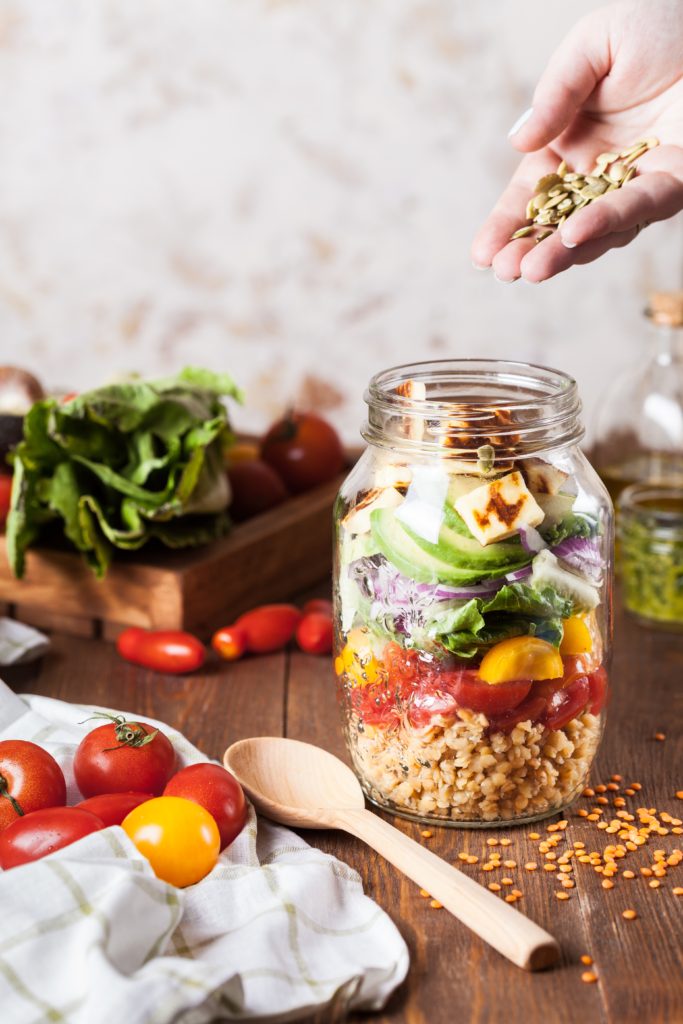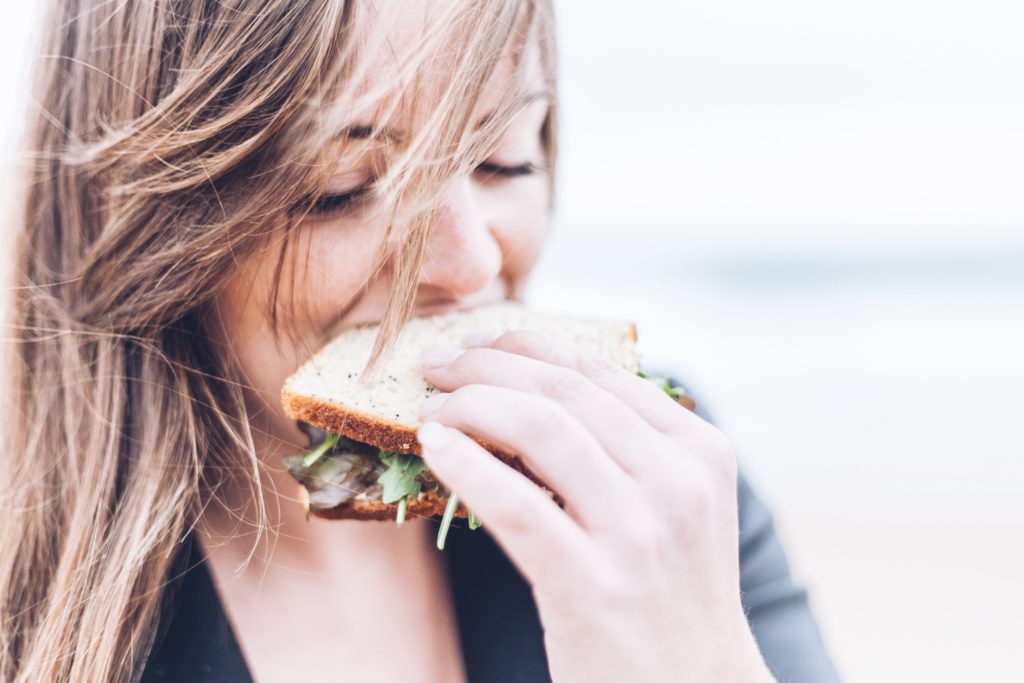There was a time when I used to burn the candle at both ends and it was exhausting. From the outside I looked like a go-getter, but on the inside I was falling apart. I had hit the wall emotionally, mentally, and physically. I had focused on taking care of everyone except myself. Out of necessity, I decided to start taking better care of myself and that’s when I decided to focus on total health, wellness, and self care.
After spending some time researching the term “self care”, I’ve figured out that there are different opinions and theories as to what self care is and it’s going to be personal and different for everyone. In general, self-care is any activity that you deliberately do to contribute to your mental, emotional, and physical health in a positive way. While that may sound simple, self care is something that is often ignored because the only one you are accountable to is yourself, and it’s easy to break dates with ourselves.
When it comes to self care, or doing things for yourself, one of the top reasons people report putting themselves on the back burner is a feeling of guilt. Focusing time and attention on yourself is too often considered selfish. Unfortunately, while it might seem noble or even necessary to sacrifice taking care of your mind, body, and spirit, over time it’s a recipe for burnout.
Taking time to take care of your mind and body is good for you and it’s certainly not selfish. In fact, research is showing us that the pursuit of health and happiness is far from selfish. When we practice self care, we’re likely to see an improvement in many areas of our lives, including our physical health and wellness, our relationships, and even our income. Plus, by making the choice to take good care of ourselves, we open up our capacity to care for others which helps contribute positively to the world around us. It’s much easier to give to others when you feel well taken care of. Self care is not a luxury it’s a necessity.
here is a list of thirty eight self care ideas to help you get started
- Give yourself permission to say no.
- Do your best to step outside every day.
- Stop and stretch once an hour.
- Drink plenty of water.
- Get at least 7 ½ hours of sleep a night.
- Laugh daily.
- Say nice things about yourself.
- Listen to music.
- Dance.
- Exercise.
- Delegate and ask for help.
- Get a manicure, pedicure, haircut, etc.
- Ditch the guilt and justification around doing something for yourself.
- Move your body in a way that feels good.
- Buy a new outfit.
- Decorate or change up the looks of your surroundings.
- Ask for what you need.
- Accept compliments.
- Journal.
- Pray.
- Meditate.
- Allow yourself to have a hobby.
- Work on your car.
- Fix or build something.
- Buy something new for yourself.
- Have lunch with a friend who makes you feel good about yourself.
- Go on a date with your spouse or significant other.
- Read a book or magazine.
- Go to the beach.
- Play with your pets.
- Take a bath.
- Attend happy hour at your favorite restaurant or bar.
- Plan a vacation or day trip.
- Light a candle.
- Order takeout.
- Get a babysitter.
- Browse antique shops and thrift stores.
- Hang out at the book store.
Because self care is so personal, I encourage you to make a list of your own ideas that you can pull from weekly or even daily. For example, some people might list “go to the gym” as self care while others would prefer a “stroll on a beach.” Self care should not have stress attached to it. The whole point of self care is that you look forward to whatever you choose, it recharges you, and it lowers stress.
Here’s to taking care of yourself and living a long and happy life!
Shared with love,
Jennifer



